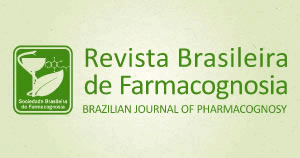At present, potential herbal-drug interactions are subject of great interest, because herbal medicines are often administered in combination with synthetic drugs. The aim of this paper was to review the literature in order to identify reported interactions between valerian or garlic herbal medicines and drugs, as well as to evaluate and summarize this information. Valerian or garlic herbal medicines could modify pharmacokinetics and/or pharmacodynamic profiles of several drugs and might lead to serious clinical consequences. Valerian could increase the adverse effects of benzodiazepines and could decrease the bioavailability of drugs metabolized by CYP3A4. Furthermore, valerian could cause severe bleeding when taken with oral anticoagulants and/or antiplatelet agents. Garlic could increase the bioavailability of muscle relaxants, could increase the therapeutic and adverse effects of hypoglycemic agents, could cause bleeding when taken with oral anticoagulants and/or antiplatelet agents, and could decrease the area under the plasma concentration curve of protease inhibitors. However, such potential herbal drug interactions are not consensual, because the reported studies present several limitations and significant differences among them. Therefore, concomitant use of herbal medicines and drugs has to be properly monitored by health care professionals.
Valeriana officinalis; Valerianaceae; Allium sativum; Liliaceae; herb-drug interactions; valerian; garlic


